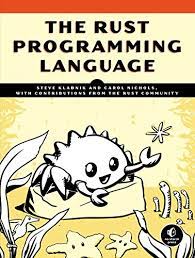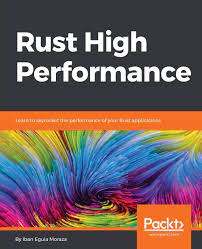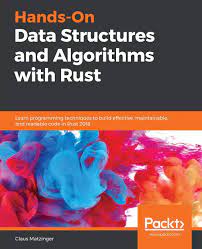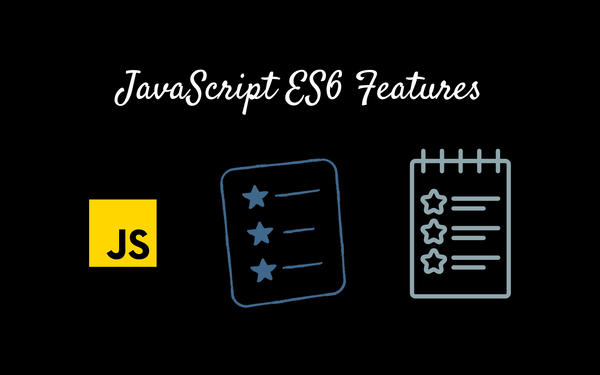Top 5 Rust Books

Introduction
Rust is a systems programming language that was first released in 2010 by Mozilla. It was designed to be a safer alternative to C and C++, while still providing low-level control over system resources. Rust is known for its performance, memory safety, and concurrency features.
One of the key features of Rust is its ownership and borrowing system. In Rust, every value has an owner, and ownership can be transferred from one owner to another. This system helps prevent issues like null pointer dereferencing and memory leaks, which are common in languages like C and C++. The borrow checker is a tool in Rust that enforces these ownership and borrowing rules, ensuring that memory safety is maintained.
Rust also has a strong focus on concurrency and parallelism, making it well-suited for building high-performance systems. It has built-in support for asynchronous programming through the async/await syntax, and its ownership and borrowing system makes it easier to write concurrent code without worrying about data races or deadlocks.
Another key feature of Rust is its support for low-level programming. Rust provides access to system resources like memory and hardware registers, while still ensuring safety through its ownership and borrowing system. This makes Rust well-suited for building operating systems, network protocols, and other low-level applications.
Rust has a growing community of developers, and there are many open source libraries and tools available for Rust development. Its popularity is on the rise, with companies like Microsoft, Amazon, and Dropbox using Rust for performance-critical components of their software.
Overall, Rust is a modern systems programming language that provides the safety and performance of modern programming languages, while still providing low-level control over system resources. It is a language to consider for developers who want to build high-performance, safe, and concurrent applications.
Top selling books
- "The Rust Programming Language" by Steve Klabnik and Carol Nichols
This is the official book on Rust, written by two members of the Rust core team. It covers all aspects of Rust programming, from basic syntax to advanced topics like ownership, lifetimes, and concurrency.

The Rust Programming Language: 2nd Edition
The Rust Programming Language, 2nd Edition is the official guide to Rust 2021: an open source systems programming language that will help you write faster, more reliable software. Rust provides control of low-level details along with high-level ergonomics, allowing you to improve productivity and eliminate the hassle traditionally associated with low-level languages.
2. "Programming Rust" by Jim Blandy and Jason Orendorff
This book provides a comprehensive introduction to Rust programming. It covers the basic syntax and data types of Rust, as well as more advanced topics like memory management and concurrency.

Programming Rust: Fast, Safe Systems Development, 2nd Edition (Grayscale Indian Edition)
Systems programming provides the foundation for the world's computation. Developing performance-sensitive code requires a programming language that puts programmers in control of how memory, processor time, and other system resources are used. The Rust systems programming language combines that control with a modern type system that catches broad classes of common mistakes, from memory management errors to interthread data races.
3. "Rust in Action" by Tim McNamara:
This book provides a hands-on introduction to Rust programming. It covers practical examples and projects that demonstrate how to use Rust in real-world applications.

RUST IN ACTION
Rust in Action introduces the Rust programming language by exploring numerous systems programming concepts and techniques. You'll be learning Rust by delving into how computers work under the hood. You'll find yourself playing with persistent storage, memory, networking and even tinkering with CPU instructions. The book takes you through using Rust to extend other applications and teaches you tricks to write blindingly fast code. You'll also discover parallel and concurrent programming. Filled to the brim with real-life use cases and scenarios, you'll go beyond the Rust syntax and see what Rust has to offer in real-world use cases.
4. "Rust High Performance" by Iban Eguia Moraza:
This book focuses on using Rust for high-performance computing. It covers topics like parallel programming, GPU programming, and optimizing Rust code for performance.

Rust High Performance: Learn to skyrocket the performance of your Rust applications
Master tips and tricks to make your code faster. • Learn how to identify bottlenecks in your Rust applications
5. "Hands-On Data Structures and Algorithms with Rust" by Claus Matzinger:
This book focuses on data structures and algorithms in Rust. It covers topics like arrays, linked lists, trees, graphs, and sorting and searching algorithms, with practical examples and projects.

Hands-On Data Structures and Algorithms with Rust: Learn programming techniques to build effective, maintainable, and readable code in Rust 2018
The book begins with an introduction to Rust data structures and algorithms, while also covering essential language constructs. You will learn how to store data using linked lists, arrays, stacks, and queues. You will also learn how to implement sorting and searching algorithms. You will learn how to attain high performance by implementing algorithms to string data types and implement hash structures in algorithm design. The book will examine algorithm analysis, including Brute Force algorithms, Greedy algorithms, Divide and Conquer algorithms, Dynamic Programming, and Backtracking.




